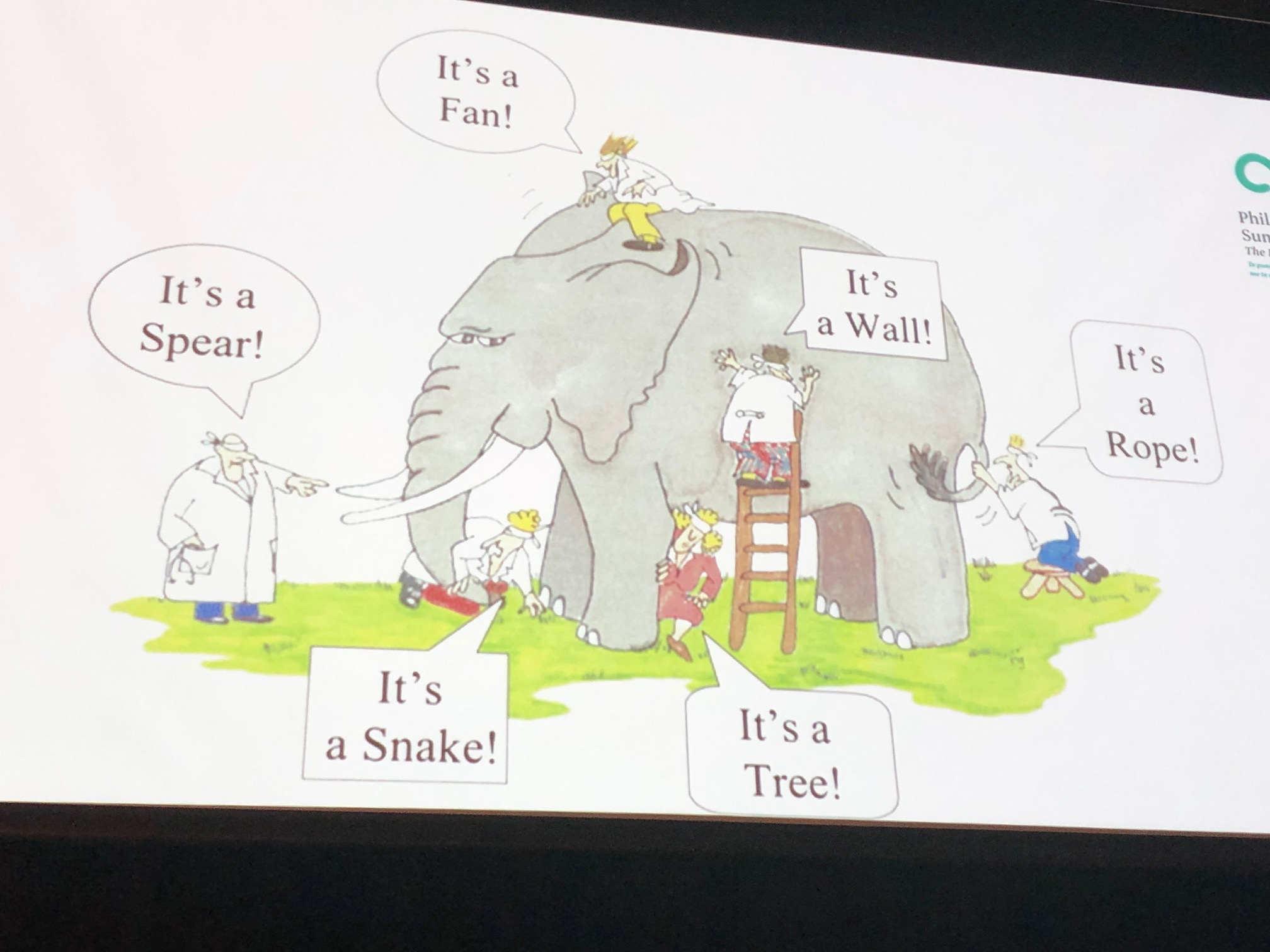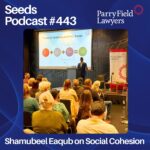Submission on Modernising the Charities Act 2005
Simply by sailing in a new direction, you could enlarge the world.
Allen Curnow, 1942
To:
Hon Peeni Henare, Minister of Community and Voluntary Sector Paul James, Chief Executive, Department of Internal Affairs
Introduction
Thank you for the opportunity to make a submission on this very important topic. There is a lot of mahi going on by the review team, those at Charities Services, those in charities and many others which goes unseen but is important for the future of our country. Ultimately I think we all want the same thing: an improved place to pass on to our children. That is why I am making this submission but am focussing on only one aspect which is the increasing use of business as a means to do good.
Context
Just to give some background to this submission, I am making it as an individual concerned about our world. My most important role is as a Father of four young children so I care about the place they will inherit. I also work as a lawyer based in Christchurch who is active across the country assisting many small and large charities, not for profits, religious groups, social enterprises and others who are impacted by the potential changes to the Charities Act 2005. My focus is on empowering impact in diverse forms. As well as that I have written extensively about social enterprise in New Zealand, including the book, “Social Enterprises in New Zealand: A Legal Handbook”. I also host a podcast where I have interviewed more than 100who are active in this sector about their struggles, lives and journeys called seeds (www.theseeds.nz). The only reason for mentioning these activities is to ground the reasons for making a submission because I am seeing day to day the issues that are faced.
Submission
When the New Zealand poet wrote the lines above he did not have in mind this review. Rather, he was thinking of explorers setting out on wooden ships. But the words resonate today in our context and relate to this submission because I think we are at a point of needing to look at new directions when it comes to our old conceptions about the role of charity. This ties in with this review which should be forward looking at how charities will operate in the next decades not just looking at the past.
Rather than address all the possible issues I cross refer to the Parry Field Lawyers submission and endorse their views. However, I want to make one key point. That is, I am aware “social enterprise” is not expressly part of this review but the approach of social enterprise is also important to consider. It is even expressly mentioned in the discussion document when discussing business, so it does seem relevant and really is in scope, even if it is officially out of scope. I also cross refer to the Akina submission and support the points they raise. I submit that it should be a factor you consider when looking at changes to the Charities Act.
Social enterprises seek to introduce a new paradigm of thinking which combines the heart of charity (strong purpose) with the mind of business (profit focus). This is a paradigm shift ofthinking as we transition towards a “human economy” where more than money is considered.
That merging of profit and purpose offers a new way of approaching the alleviation of issues faced in society (whether they are environmental, social or cultural). This is the topic of a report released in April 2019 which we assisted with and which relates to many of the issues faced by charities and we suggest that it is also read in the context of this review. It is called:“Structuring for Impact: Evolving legal structures for business in New Zealand” (accessible here: www.theimpactinitiative.org.nz/reports/structuring-for-impact).
I submit that the correct approach is that this whole area needs a first principles review to be able to ensure that “impact” is being adequately understood and incentivised. At the end ofthe day that is what the charitable sector is actually about – but there are really key changes in the way that is being achieved which need to be understood and empowered. This review needs to recognise that there are now, and will increasingly be in the future, fundamental changes in how charities use business going forward. There is going to be increased interest and desire for charities not to be as reliant on donations and grants and instead look to fulfil their mission through setting up of businesses. Some may be unrelated but in many cases they will also be fulfilling charitable purposes that are social, environmental or cultural (throughwho they employ, what they produce etc). Some people call these ‘social enterprises’ but Iview that term as intermediate terminology as we transition from an old paradigm to the new. The green shoots of the talk about social enterprise are an entirely new way of thinking and doing business which will be normalised in the future – other examples are the rise of impact investing, greater consumer choice with how they spend their money on products that do good, the introduction of the “living standards framework” by Treasury, well being budgets and the rise of certifications such as B Corp.
I submit that assuming that the old models (primarily reliance on donations) will continue in the future and building a system around that as the primary focus does not take into account the paradigm shift of thinking which is going on right now as there is a move towards more charities seeking self-sustaining methods of funding through business. This should be encouraged, not hampered – as overall, relying on donations from people to fund charities has many flaws as a system and new ways should be empowered and not made more difficult. This needs lots of thinking and work to imagine the world in 10 or 20 years and embrace a regulatory system that allows us to get there – in other words it ties in with bigger issues that need to be considered.
I also endorse the idea that terminology used should reflect empowering those who want to do good in our society, rather than it being about penalties and regulations for the amazing people trying to add value to our world. For example, rather than the focus being on the word‘governance’, which can have negative connotations – though it is critical – perhaps the word‘leadership’ or ‘stewardship’ might appeal more. The words we use are important.
We live in both challenging and exciting times. I hope the review will lead to a recognition that the old paradigms of thinking about charity are being challenged and will change to new modalities and constructs. Our legislation should reflect and empower that.
I hope this submission is of assistance in the review. If it would help I would be happy to appear in person or have a call to discuss any time. Thank you for all the work being done on the review.
Yours sincerely,
Steven Moe





